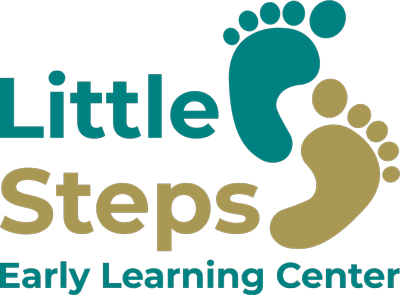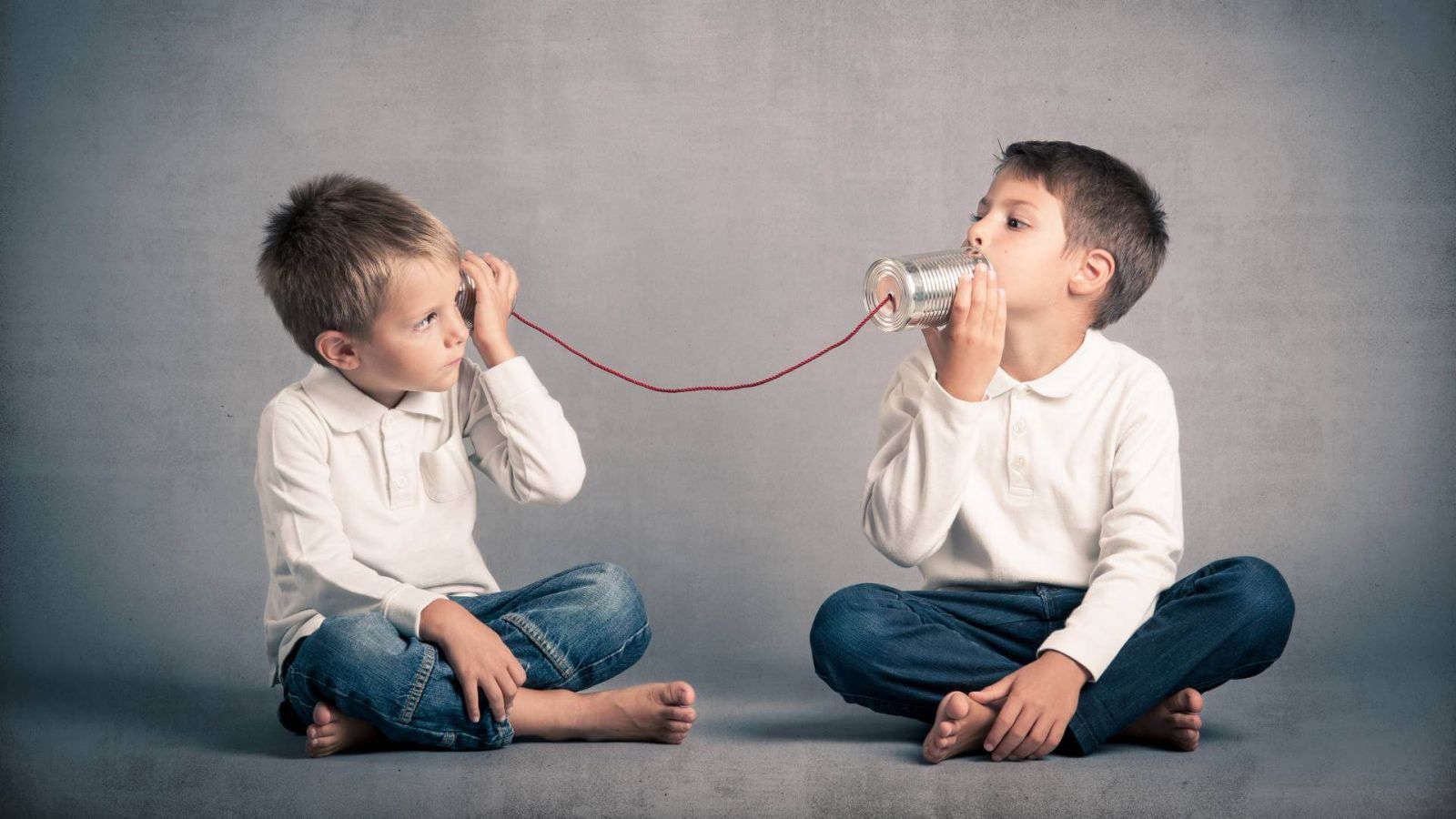Preschool is a magical time in a child's life when curiosity and imagination are at their peak. It is a crucial stage for fostering a love for learning and developing essential skills that will lay the foundation for future academic success. In this blog, we will explore the importance of encouraging curiosity and critical thinking in preschoolers and provide practical strategies for educators and parents to support their growth. Let's delve into the world of preschool wonders and discover how we can unlock the full potential of these young minds.
- The Power of Curiosity
Curiosity is the driving force behind learning. It ignites a child's desire to explore, ask questions, and seek answers. As educators and parents, we must embrace and nurture this natural instinct in preschoolers. Encouraging curiosity not only makes learning enjoyable but also helps children develop their cognitive abilities, problem-solving skills, and creativity.
To promote curiosity in the classroom, educators can incorporate hands-on activities, interactive learning materials, and open-ended questions. Giving children the freedom to explore topics of interest and guiding them to find answers through research and experimentation fosters a sense of wonder and excitement in their learning journey.
- Nurturing Critical Thinking Skills
Critical thinking is an essential skill that enables children to analyze information, make informed decisions, and solve problems effectively. It is a skill that needs to be cultivated from a young age, and preschool is the perfect time to begin this process.
Educators can encourage critical thinking by engaging children in discussions, encouraging them to express their thoughts, and promoting reasoning. Activities that involve puzzles, brain teasers, and logic games challenge preschoolers to think critically and develop their problem-solving abilities. As they encounter obstacles and overcome them, children gain confidence in their abilities and become more resilient learners.
- Integrating Curiosity and Critical Thinking
The true magic happens when curiosity and critical thinking skills combine. By integrating the two, educators and parents can create a dynamic learning environment that sparks curiosity while fostering cognitive growth.
Inquiry-based learning is an effective approach to combine curiosity and critical thinking. Teachers can design projects and activities that revolve around real-world problems or scenarios, encouraging children to ask questions, gather information, and propose solutions. This approach not only nurtures their inquisitiveness but also sharpens their analytical skills as they seek logical answers.
- Embracing Mistakes and Failures
In the pursuit of curiosity and critical thinking, it is vital to create a safe space where children feel comfortable taking risks and making mistakes. Fear of failure can inhibit a child's willingness to explore new ideas or attempt challenging tasks. As educators and parents, we must emphasize that mistakes are an integral part of the learning process and that failure is an opportunity for growth.
By encouraging a growth mindset, where children understand that intelligence and abilities can be developed through effort and perseverance, we empower them to embrace challenges and view setbacks as stepping stones toward improvement. Celebrating their efforts and progress, regardless of the outcome, builds their confidence and motivates them to continue exploring and thinking critically.
- The Role of Play in Curiosity and Critical Thinking
Play is a powerful tool for early childhood development. It is through play that children make sense of the world around them, experiment with ideas, and develop problem-solving skills. Play-based learning is an effective approach to stimulate curiosity and critical thinking in preschoolers.
Incorporating elements of pretend play, building blocks, and open-ended activities encourages children to think creatively, adapt to different roles, and explore various solutions to challenges they encounter during play. Play also facilitates social interactions, collaboration, and communication skills, which are essential for holistic development.
Preschool is a time of immense wonder and growth. By nurturing curiosity and critical thinking in young children, we equip them with the tools they need to become lifelong learners and confident problem solvers. As educators and parents, let us celebrate the joys of curiosity, embrace the value of critical thinking, and create a supportive environment where preschoolers can thrive and reach their full potential. Together, we can inspire a generation of curious minds ready to take on the world.


.jpeg)